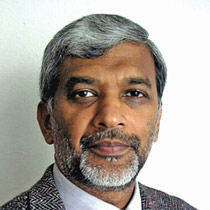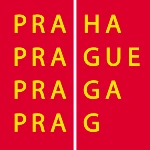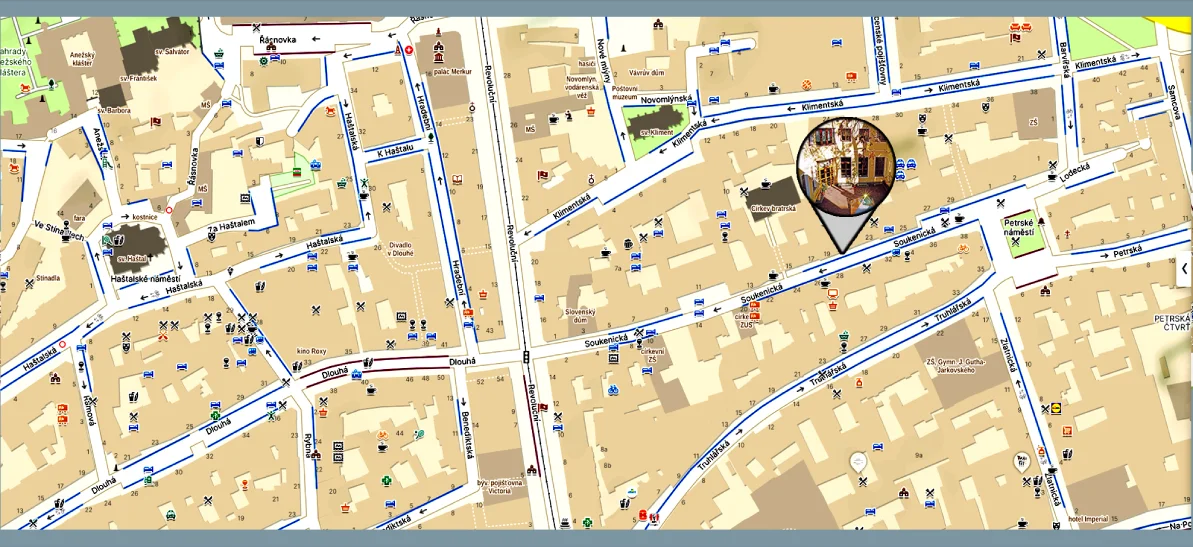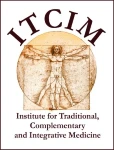
Prof. Dr. Madan Thangavelu - United Kingdom
General Secretary and Research Director of the EUAA – European Ayurveda Association
Prof. Madan is a genome biologist with an unusually diverse academic background and range of research interests. He was born in 1959 in Trivandrum in the state of Kerala (India). Before Cambridge, he studied Agriculture and has a Bachelor’s degree in Agriculture and a Master’s in Plant Breeding and Genetics – both from Haryana Agricultural University, Hisar in the North Indian state of Haryana. As an Inlaks Foundation Scholar (1982 Trinity Hall) his Ph.D. in Molecular Genetics on the genes for the cytoskeletal protein actin was conducted at the erstwhile Plant Breeding Institute, Trumpington. The study provided the first evidence for extensive tissue level expression of members of the very large family of actin genes in plants. His post-doctoral research experiences span areas in plant, fungal, bacterial and human cancer genomics. His current primary research interest is the development of single DNA molecule and single cell techniques for genome analysis. Following a PhD in Molecular Genetics from the University of Cambridge, his recent academic affiliations have included Research Fellowships at the Department of Oncology, University of Cambridge, Medical Research Council Cancer Cell Unit, Cambridge and Leverhulme Research Fellow, Medical Research Council Laboratory of Molecular Biology, Cambridge.
As a Leverhulme Foundation Research Fellow (1999) at the MRC-Laboratory of Molecular Biology MRC-LMB) and later as a Research Fellow at the Medical Research Council - Cancer Cell Unit and Department of Oncology, University of Cambridge he developed novel approaches and applications of single DNA molecule and single cell approaches for analysis of genomes and genome dynamics and genome variation. He is the inventor of the Molecular Copy Counting technique - very high resolution and high sensitive technique for describing genomic variation at the level of single cells and single DNA molecules. These techniques are providing unusual insights into the highly plastic nature of the nuclear and mitochondrial genomes and the epigenome and novel ways to map and describe the dynamics of DNA changes in normal processes like aging and in human disease including cancer, cardiovascular diseases, metabolic diseases and various inherited diseases. The techniques also point to uncertainty in biology which calls for complementary approaches for appreciating human health and disease particularly in the highly intractable areas of human aging, psychosomatic diseases and disease complexes where direct approaches are unlikely to yield results.
He is the General Secretary, Board Member and Research Director, European Ayurveda Association.( http://www.euroayurveda.eu/euaa/executives/), and an International Advisory Board Member of AYU: International Quarterly Journal of Research in Ayurveda, Jamnagar, India ( http://www.ayujournal.org/editorialboard.asp ), International Editorial Advisory Board Member AyuCaRe – Journal of Ayurveda Case Reports, All India Institute of Ayurveda, New Delhi, India – https://aiia.gov.in/. He was also Trustee of the Research Council for Complementary Medicine (UK). He is Honorary Adjunct Professor at the TransDisciplinary University, Bangalore, India ( tdu.edu.in/ ), Center for Functional Genomics & Bio-informatics ( tdu.edu.in/genomics ). He is a Member of the Mind-Matter Unification Project of the Theory of Condensed Matter Group at the Cavendish Laboratory, Cambridge, Directed by Professor Brian Josephson.
Further details are in his LinkedIn profile: https:/www.linkedin.com/in/genomebiologist.








